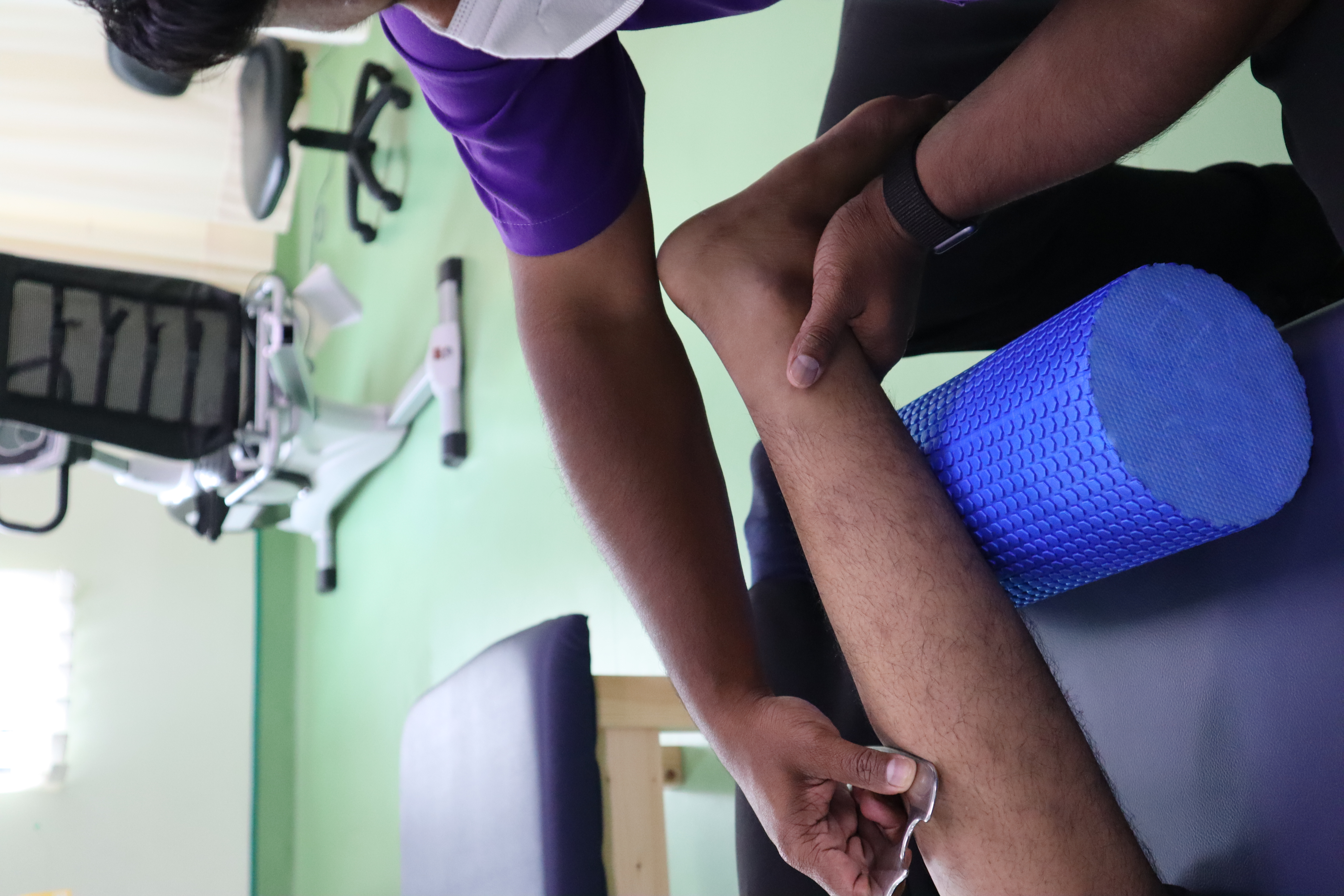24/7 Careline
- Patient Care
-
Our Specialties
-
All Specialties
- All Specialties
- Anaesthesiology
- Breast Surgery
- Cardiology
- Cardiothoracic Surgery
- Dermatology
- Endocrinology
- Gastroenterology and Hepatology
- General Surgery
- Gynaecology (Oncology)
- Hand and Microsurgery
- Hepatobiliary Surgery
- Infectious Diseases
- Internal Medicine
- Nephrology
- Neurology
- Neurosurgery
- Obstetrics and Gynaecology
- Ophthalmology
- Oral and Maxillofacial Surgery
- Orthopaedic Surgery
- Otorhinolaryngology-ENT, Head & Neck Surgery
- Paediatric Cardiology
- Paediatric Neurology
- Paediatric Surgery
- Paediatrics
- Paediatrics ENT, Head & Neck
- Paediatrics Ophthalmology & Strabismus Surgery
- Psychiatry
- Psychology
- Psychology - Clinical
- Radiology
- Reconstruction and Plastic Surgery
- Rehabilitation Medicine
- Respiratory Medicine
- Rheumatology
- Spine Surgery
- Sports Medicine
- Urology
- Vascular Surgery
- Centre of Specialties
-
All Specialties
- Our Services
- Promotions
- GP Affiliation
- Our Doctors
- Memberships







